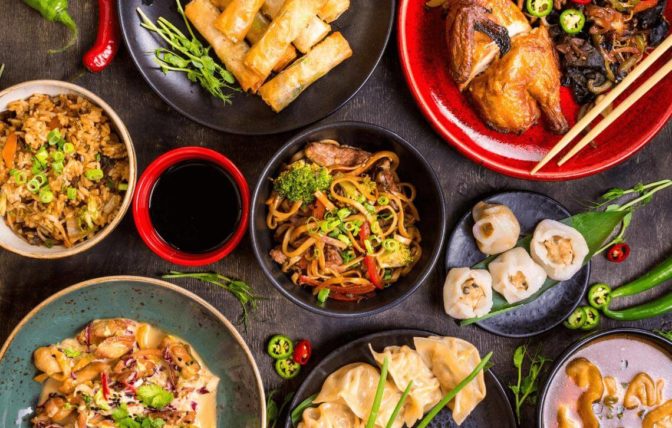
 "
"

 "
"

The global halal market, encompassing products and services adhering to Islamic law, is experiencing a boom. While traditionally dominated by players from Southeast Asia and South America, a new player is emerging: China. This article explores China’s growing presence in the halal trade and its impact on the Arab world.
The Rise of a Halal Giant
China’s involvement in the halal market, though relatively recent, is significant. Despite contributing just 1% of global halal trade, China’s halal exports are remarkably diverse. Food, finance, tourism, pharmaceuticals, and fashion are just some of the sectors where China is making its mark. Notably, China became the leading exporter of halal goods and services to the Organization of Islamic Cooperation (OIC) in 2021, highlighting its growing importance.
Factors Driving China’s Growth
Several factors contribute to China’s success in the halal market. Its well-developed manufacturing base allows for competitive pricing and product variety. Additionally, China’s strategic partnerships with established halal certification bodies in the Arab world, like Malaysia and Morocco, enhance its credibility.
Impact on the Arab World
China’s rise in the halal trade presents both opportunities and challenges for the Arab world.
The Future of China-Arab Halal Trade
The future of China-Arab halal trade is one of cooperation and competition. Collaboration in areas like standardization, quality control, and joint ventures could be mutually beneficial. However, competition is inevitable, urging Arab countries to leverage their unique cultural heritage and established market presence to maintain a strong position.
China’s growing role in the halal trade undeniably shapes the Arab world. While challenges exist, the potential for mutually beneficial partnerships and a more dynamic global halal market is significant.